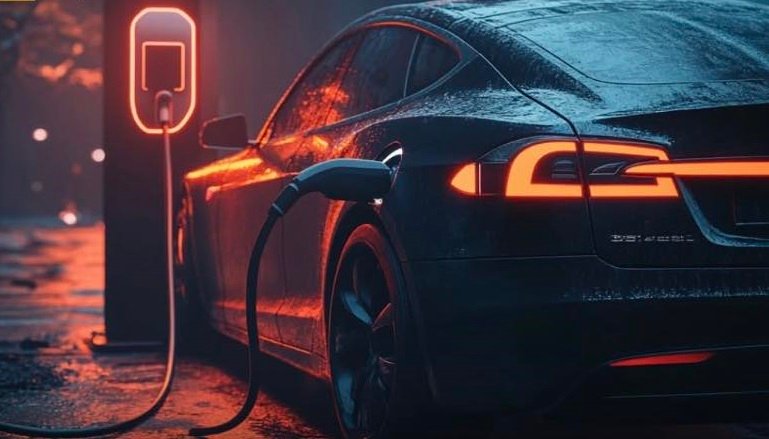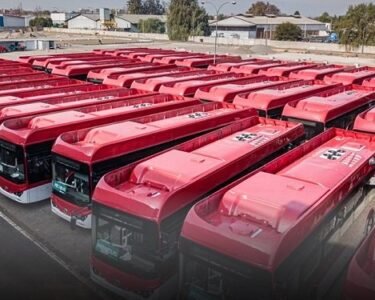The government of Pakistan is taking a significant step towards promoting electric vehicles (EVs) by proposing a massive cut in electricity tariffs for EV charging stations. The move is aimed at making EVs more affordable and encouraging a shift to sustainable transportation.
Proposed Tariff Reduction
The National Electric Power Regulatory Authority (NEPRA) has been requested to revise electricity rates for EV charging stations. Under the proposal, the base tariff would be reduced from Rs. 45.54 per unit to Rs. 23.57 per unit. After tax adjustments, the total cost is expected to be Rs. 39 per unit, marking a 45% reduction from the current price.
Currently, charging stations pay Rs. 45 per unit, but after adding various taxes, the total reaches Rs. 71.10 per unit. The new plan suggests using a cross-subsidy mechanism to manage the difference, ensuring a smoother transition to lower rates while maintaining financial sustainability.
Government’s EV Adoption Goal
This tariff revision aligns with the government’s broader target of having 30% of vehicles in Pakistan converted to electric by 2030. One of the biggest challenges in achieving this target is the high cost of EV charging, which has discouraged many potential users from switching to electric vehicles.
NEPRA Hearing and Regulatory Changes
A recent hearing, chaired by NEPRA, reviewed the government’s proposal. A case officer confirmed that the proposed reduction in base tariff aims to make EV charging more affordable and attract more investment in the sector.
Currently, EV consumers pay up to Rs. 70 per unit for charging services. The commercial electricity tariff is around Rs. 94 per unit, but this is not fully applied to EV stations. Over the last year, only 94,000 electricity units were consumed by EV charging stations, indicating low usage levels, with just 7,000 to 8,000 EV users across the country.
Expanding EV Charging Infrastructure
One of the biggest roadblocks to EV adoption in Pakistan is the lack of charging infrastructure. At present, there are only eight operational EV charging stations nationwide. To address this, the government plans to open up the market and attract more investors to the EV sector. The reduction in charging tariffs is expected to be a key driver in this expansion.
The Cabinet has already approved the reduction in base tariffs, and once implemented, it will significantly lower the cost of EV ownership. By reducing charging costs, the government hopes to make electric vehicles more accessible to the public, ultimately contributing to lower emissions and a cleaner environment.
The Road Ahead
Pakistan’s shift towards electric mobility is still in its early stages, but these policy changes indicate a strong commitment to sustainable transportation. With lower electricity costs, increased investment in charging infrastructure, and government support, EV adoption is expected to grow steadily in the coming years.
The question remains: Will this price reduction be enough to accelerate the shift to electric vehicles? Let us know your thoughts in the comments!






